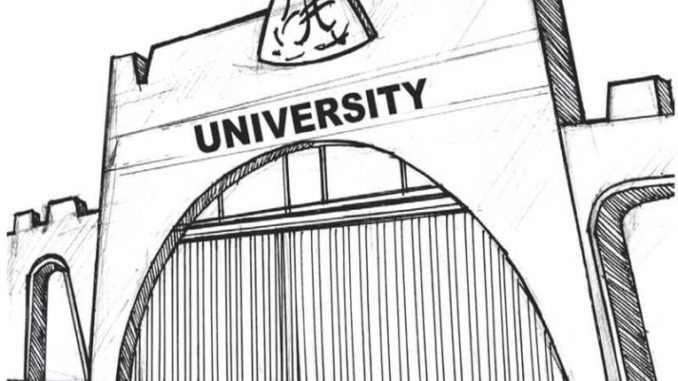
Despite the decline in socio-economic activities in the country, some private investors have decided to channel their resources not only into education but also to the improvement of the health sector through their universities. Two of such promoters are Chief Afe Babalola, SAN, the proprietor of Afe Babalola University, and the Turkish First Surat Group, the umbrella organisation for the NTIC Schools as well as Nizamiye Hospital and Nile University in Abuja.
While inaugurating the 400-bed Afe Babalola University Teaching Hospital in Ado Ekiti last week, Vice-President Yemi Osinbajo said such projects would help in stopping Nigerians from seeking medical treatment abroad. The idea of building such first class hospitals to enhance healthcare delivery system in the country, according to Osinbajo, should be recommended to other private universities. Meanwhile, in Abuja, medical students from the Nile University benefit tremendously from the Nizamiye Hospital that is currently being expanded as their teaching hospital.
According to Prof. Joseph Sanya, Provost of the Afe Babalola College of Medicine and Health Sciences, what they boast of “is a quaternary hospital because of its state-of-the-art functional facilities, majority of which, are not found in any teaching hospital in Nigeria.” Some of them include: bone densitometer, for measuring the density of bones; positron emission tomography (PET) scan, for diagnosing very minute abnormal structures in the body such as cancer. Other facilities include a helipad, where patients flown from different parts of the world will land via helicopter for medical attention. The hospital, in Sanya’s words, was also “a centre of excellence for the transplants of kidney, liver, heart, bone marrow and other related illnesses”. Similarly, the Turkish group in Abuja is equally dedicated to issues of healthcare. The Nizamiye Hospital has, for instance, become a platform for first class healthcare delivery within the federal capital and environ. Inaugurated by President Goodluck Jonathan in 2014, it is estimated to have cost $20 million and with experienced medical practitioners. These include doctors, nurses, lab scientists and other categories of workers. The hospital is also actively involved in collaboration with other health institution in Nigeria.
When Mrs. Aisha Buhari, wife of the president, said recently that when she needed healthcare the only hospital she could trust in Abuja was one “established by foreigners in and out 100 per cent”, she was said to be referring to the Nizamiye Hospital. It is one of the few hospitals in the country with a functional catheterisation laboratory (Cath-Lab) examination room with diagnostic imaging equipment used to visualise the arteries of the heart and the chambers of the heart and treat any abnormality found. It also has a four-bed dialysis clinic as well as a MRI machines.
The hospital also has a resident open heart surgery team led by a renowned cardiovascular surgeon who is credited to have performed over 15, 000 heart surgeries with 99 per cent success rate. The open heart surgery clinic of the hospital has to its credit over 16 successful operations, including two-valve replacement surgeries.
We cannot underscore the significance of such private initiative in the health sector where the role of the federal government is limited to coordinating the affairs of the university teaching hospitals and the federal medical centres while it is the state governments that manage the general hospitals that are under the category of secondary healthcare. Against the background that most deaths in Nigeria have been traced to lack of quality healthcare system, the establishment of teaching hospitals by private individuals and corporate bodies is worthy of commendation.
If the promoters of other private universities join in such initiative, it may well help to improve our appalling health sector, besides stemming medical tourism.
END

Be the first to comment